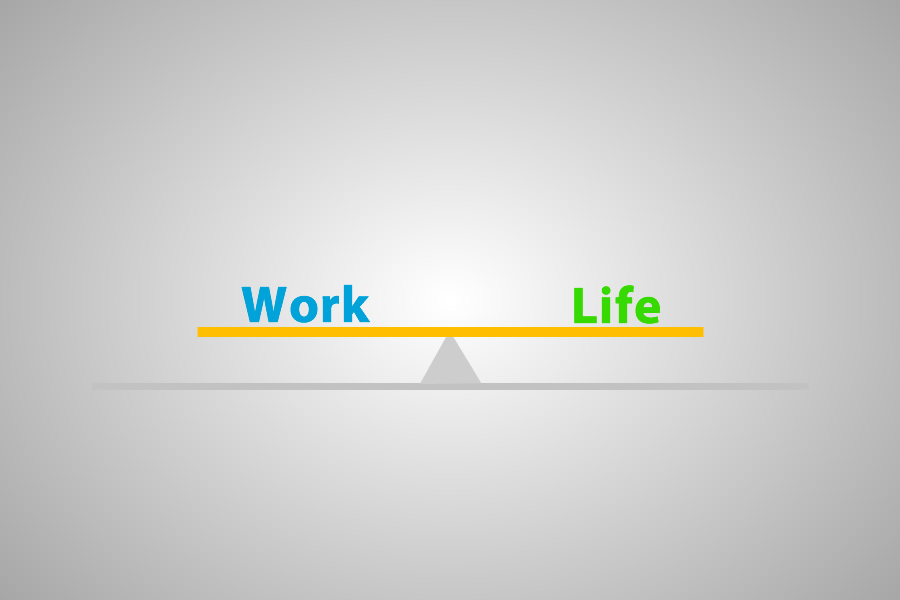
Helping Your Teen Develop their Optimal Work Life Balance in Adulthood
Parents probably vary to some degree in their views on what an optimal work/life balance is. For some, it means being home for dinner every night and not working on the weekends. For others, it involves a strong work ethic, many long hours, and enjoying one’s job.
Many teens participate in after school activities and do not get home until 6:30 p.m. or even later. For many, they may spend three to four hours or more on homework nightly and stay up very late. As a result, many teens find themselves with little free time or time to relax and decompress.
What happens to these teens when they grow up?
Do they continue on the path of working hard while sacrificing down time to be successful in careers?
Do these teens put themselves and their careers first above their families?
Do these individuals develop hobbies once they finish school and devote time to engaging in them while still being just as successful in their careers and families?
These are all good questions and possible outcomes. In many ways, two even more important questions are:
Which outcome would you like for your teens?
What should you do as parents to help bring about a successful work/life balance for your teen as an adult?
What to Do:
- Regardless of how busy your teens are, encourage them to focus on simple ways to take care of themselves such as regular physical activity, striving to get a reasonable amount of sleep, using tools such as mindfulness, yoga, or meditation to reduce stress, and employing tools to maximize efficiency in completing homework and tasks.
- Encourage teens to develop interests in items that they can continue to foster in adulthood such as art, photography, musical instruments, reading, and writing. In addition to any group activities (i.e., tennis, other sports), ones that your teen can do on their own as well are especially important,
- Work activities that teens truly enjoy into their schedule at least a few times per week so that it gives them something to look forward to. Examples of this include: going to a special restaurant, having a night to hang out with friends, or being able to spend several hours watching movies or a television series.
This list of what to do is obviously not exhaustive, but hopefully gets you thinking about how your teen operates now, what you’d like for them as an adult, and what you can do now to help them achieve that optimal work/life balance.
Obviously as an adult, different careers demand varying amounts of time, sometimes unusual schedules, personal life sacrifices, etc. However, helping individuals to be aware of key ingredients to whatever work/life balance makes them feel fulfilled as a person is important and starts in adolescence.
Copyright 2018 Carey A. Heller, Psy.D.
*Disclaimer: The previous information is intended as general guidance based on my professional opinion, does not constitute an established professional relationship, and should not replace the recommendations of a psychologist or other licensed professional with whom you initiate or maintain a professional relationship*




Engage us on Facebook
Follow us on Twitter
Tweets by @mymcmedia